Composting Queries In Fulham Answered
Posted on 28/05/2015
Most Common Questions about Composting
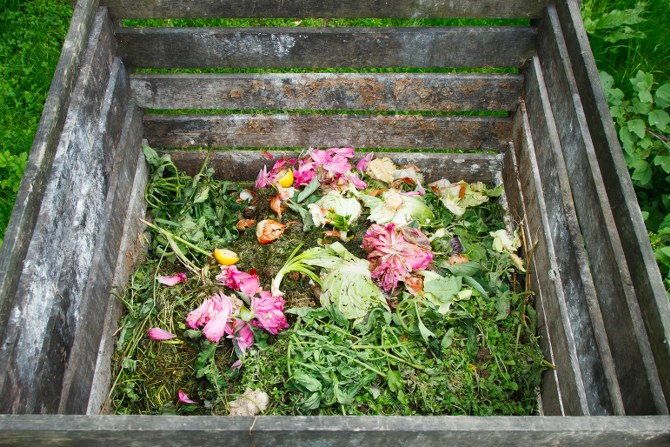
We understand that as first-time gardeners in Fulham, you might have a lot of questions about what to do and what not to do in your compost heap. Here we have answered some of the most common questions people usually ask about composting.
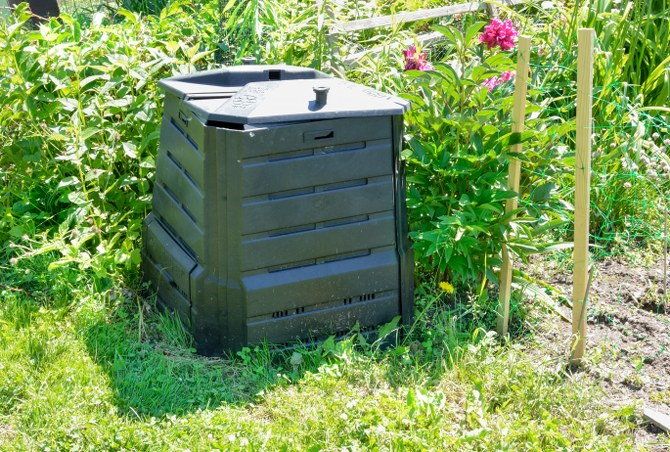
What are the things that I can’t compost?
Not all green ‘waste’ goes into the compost in Fulham, SW6. Avoid putting in weeds with seeds on them or weeds that propagate even without seeds. You can add them if you pick them up before they begin to flower and seed or after they have been solarised. Diseased plants and animal manure from inorganic source will give rise to killer compost. Also avoid putting fats and oils, and proteinaceous waste from the kitchen such as fats and oils, dairy products, meat, fish, bones etc.
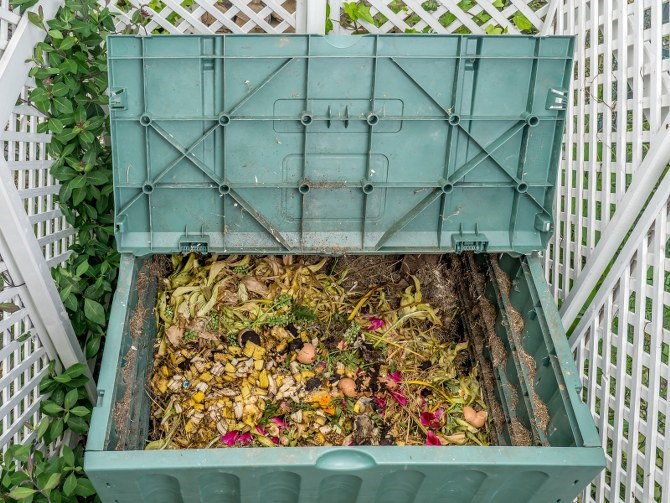
How do I put weeds in compost?
Although most gardening experts will advise you against it, if you want to add weeds to the compost the key is to remove their propagation ability. Some perennials will be killed as soon as they are subjected to the high temperatures of the compost, other more resilient types are ambitious runners and will need to be bagged and tied in a plastic sack along with some grass cuttings and left out in the sun for a few months until they are no longer recognizable and then added to the compost heap. Burning them would devoid them of the plant richness that they possess. If you don’t think that your compost heap reaches temperature hot enough to prevent the growth of weeds, try outsourcing your weeds to professional gardening care services. Garden care services will probably be running a high temperature composting facility.
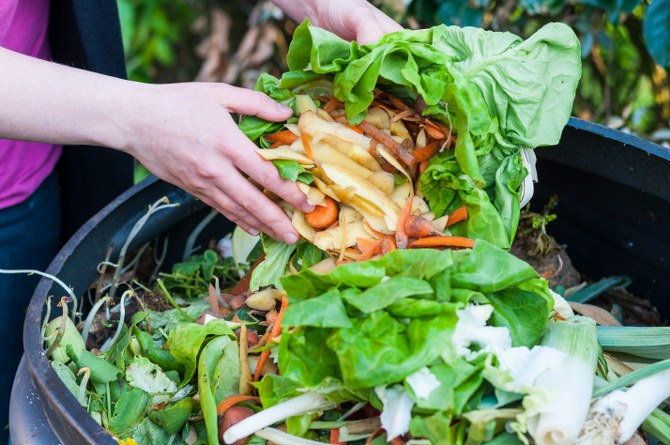
What is the easiest way to compost?
If you want to avoid all the turning and tossing of compost when gardening in the SW10 area, you can layer all the organic material directly over the soil beds. This is known as sheet composting and not only adds nutrients to the soil naturally, but it also conserves moisture and thwarts the growth of weeds. The method simply involves adding layers and moving it back a tiny bit to make room for a row of seeds and does away with the need to do the conventional tilling and toting of the soil as well as weeding. This is a good way to recycle the waste that the garden creates, add to it some fall leaves and spoiled hay and you should have everything ready. If you want to go for aesthetics, you might want to place some shredded leaves on top as well.
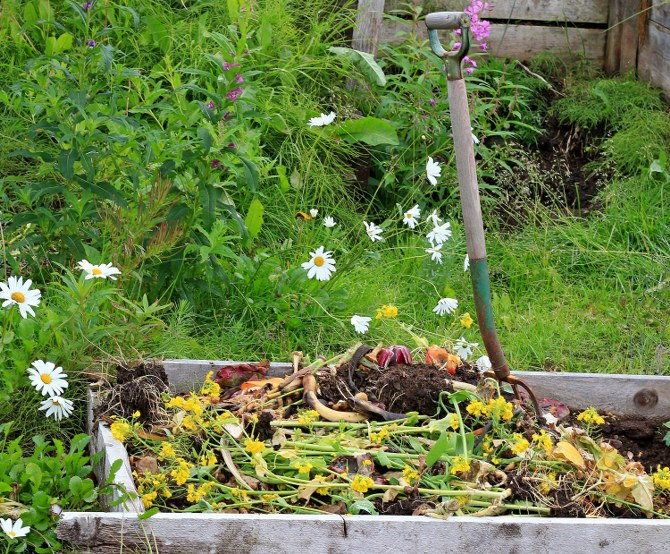
How often do I turn the pile?
The number of times your pile will need to be turned depends on the volume of material and how soon you need the finished material. If you can afford to wait, you could escape turning and let nature do the work for you. Besides, it takes much effort to turn mulch that is several feet long or high. However, in the interest of fast decomposition and weed control in SW6, you should turn the pile at least twice a year and extract the lowest layer for use in the next growing season.
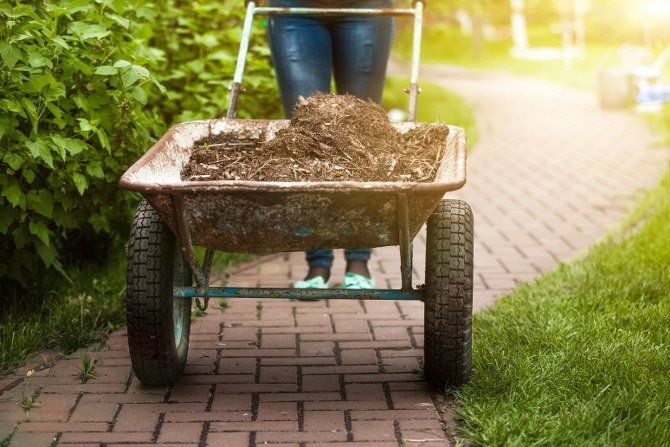
How do you apply compost?
Gardening experts in Fulham advise that before you add compost to the soil bed, toss it through a sifter to separate the stones, sticks and undecomposed bits. Then place it on your beds at least an inch or two thick. You may also add some natural organic fertilizer or minerals with it to supplement the soil balance. Occasionally, you can add the plant material directly on the flower beds and let them decompose naturally.
Latest Posts
Inspiring Ways to Refresh Your Garden This Autumn Season
A Step by Step Guide to Keeping Artificial Grass Fresh and Spotless
Creative Planting Ideas to Design a Serene Zen Oasis







